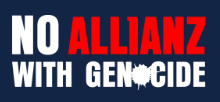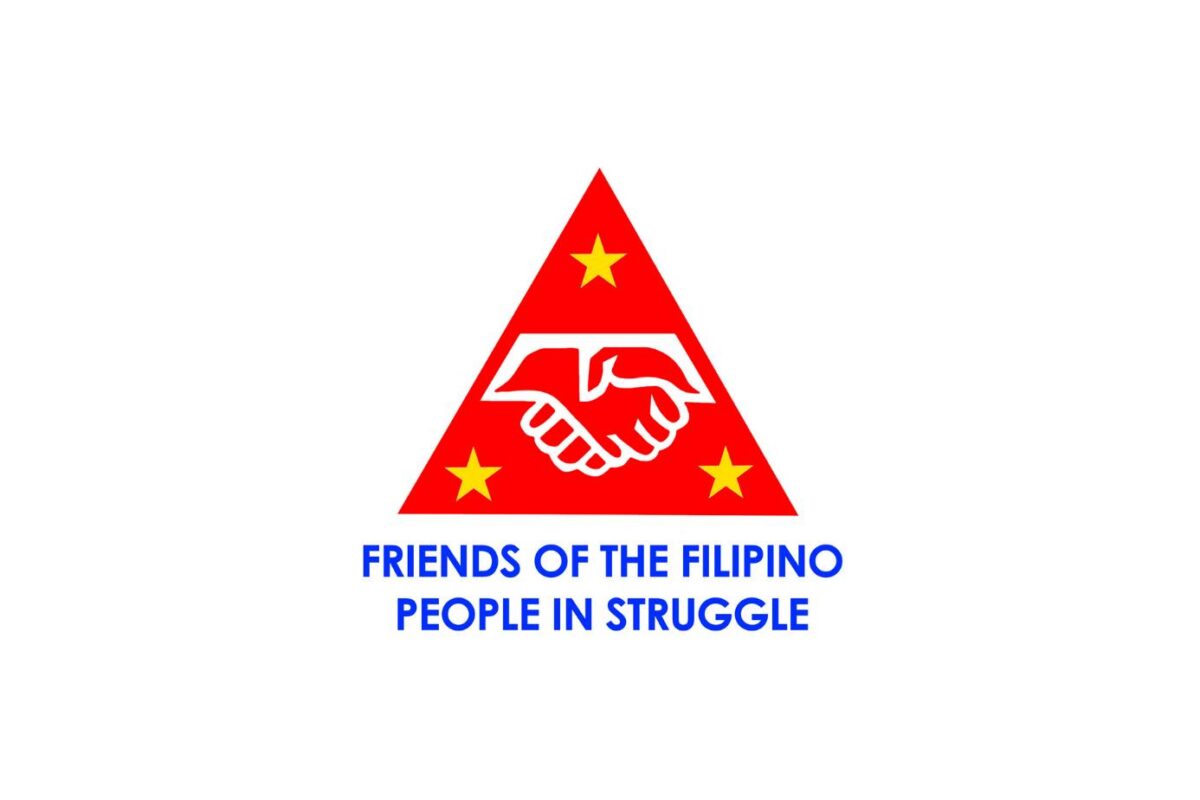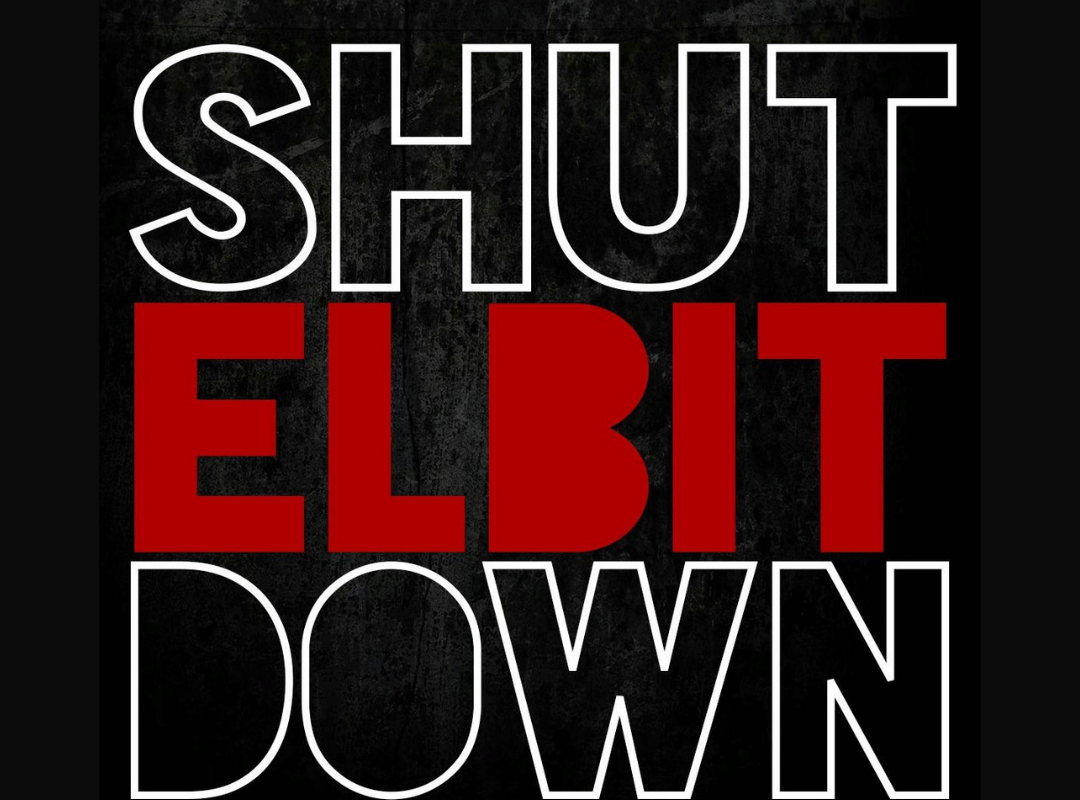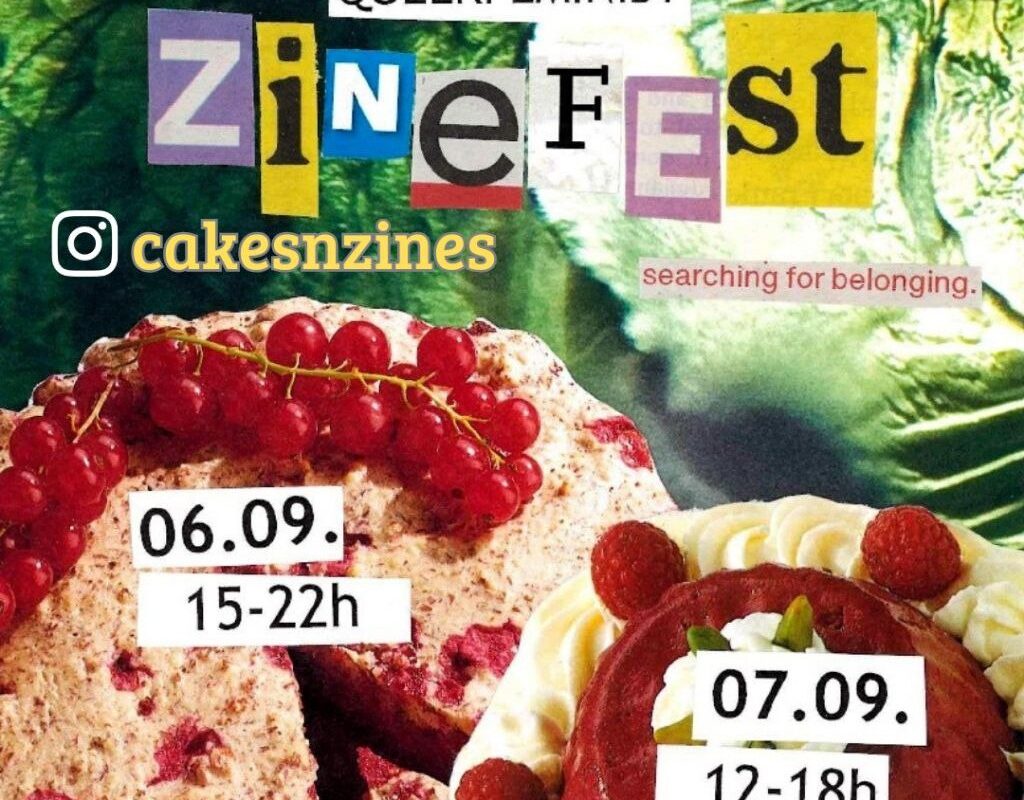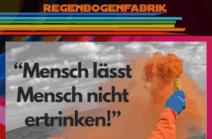Gaza is under siege. And Allianz, Germany’s biggest financial services company, is actively complicit. While Palestinians are being killed, displaced, starved, and erased, Allianz is underwriting, insuring, and investing in the weapons, machinery and tech that make genocide possible.
Allianz is a German multinational company headquartered in Munich, Germany. It is the world’s largest insurance company and the largest financial services company in Europe. They are complicit in genocide.
Here is how:
1. Allianz finances the genocide in Gaza by purchasing Israeli “war bonds”. Pimco, a subsidiary of Allianz in the US, has purchased nearly $1 billion worth of Israeli war bonds. These are bonds that Israel has been issuing since October 7, 2023, to finance its sharply increased military budget.
2. Allianz invests in Elbit Systems, Israel’s largest weapons manufacturer, and is the insurer of its UK factories where deadly “Hermes” drones are produced and shipped to Israel. These drones are then deployed in surveillance and strike missions in Gaza. Without insurance, Elbit could not continue to operate.
3. Allianz invests $450 million in further arms companies that supply military weapons to Israel. These weapons have been used in the occupation and ongoing genocide in Palestine. Instead of divesting from weapons manufacturers like other companies are doing, Allianz has doubled its investment in 2024.
4. Allianz also sells insurance policies and directly invests more than $2.3 billion (600 million for insurance policies + 1.7 billion investments) in fossil fuel companies that fuel the destruction of the environment and supply the Israeli war machine. Among these: BP, ExxonMobil and Chevron, whichprovide crude oil to fuel Israel’s military and air force. Chevron operates the Arish-Ashkelon pipeline that delivers gas from Israel to Egypt through Palestinian waters, and supplies energy to illegal settlements while cutting electricity to Gaza.
On November 1, 2025, Allianz is set to renew it’s deadly contract with Elbit Systems.
This cannot happen.
The No Allianz with Genocide campaign is a coalition of groups. It is one of a number of international campaigns holding financial services and insurance companies accountable for their complicity in the genocide in Gaza. Earlier this year, the Boycott Bloody Insurance campaign was launched in the UK, demanding the UK insurance industry end their complicity. Following international pressure, the insurance company AXA has completely divested from Elbit Systems.
You can support No Allianz with Genocide in the following ways:
- Sign our petition
- Boycott Allianz. If you’re a customer, leave.
- Ask your workplace, union, school or institution to cut ties with Allianz.
- Join our campaign to pressure Allianz to divest from Elbit Systems and from all arms manufacturers complicit in the Gaza genocide.
- Sign the Declaration of Divestment
